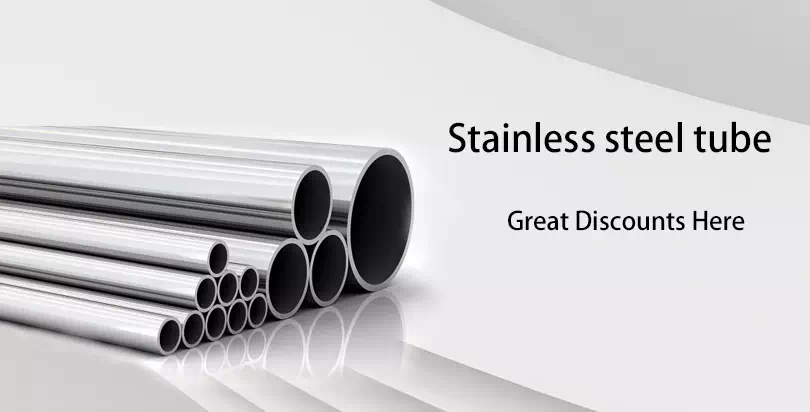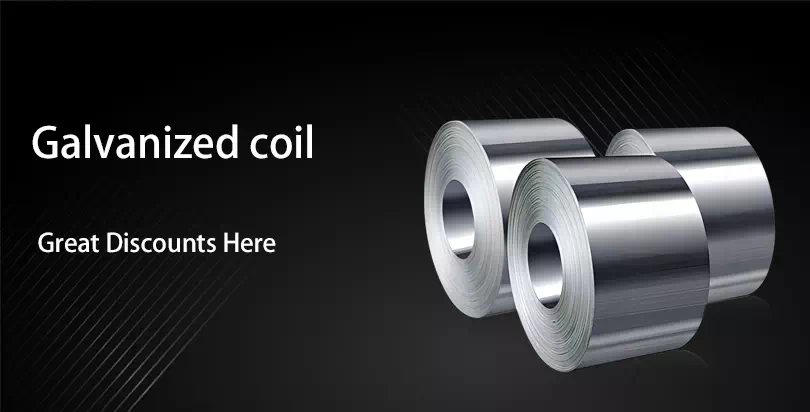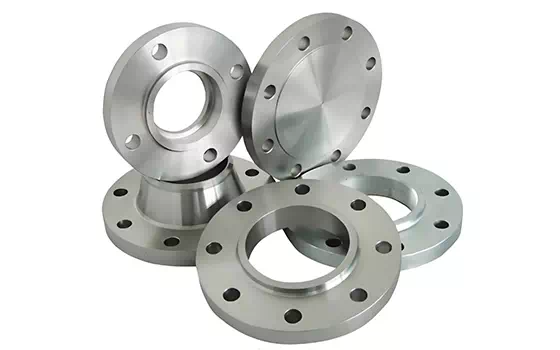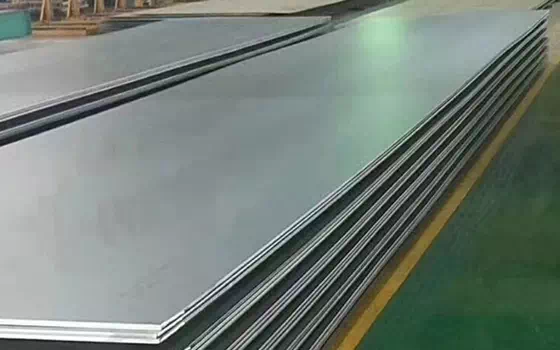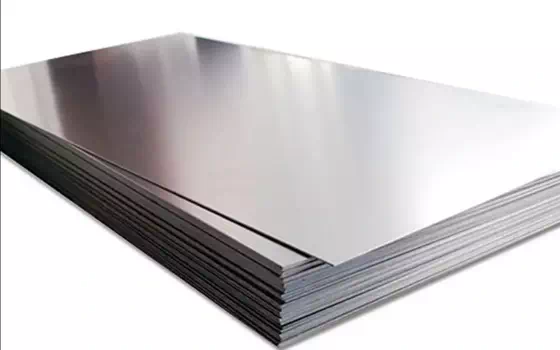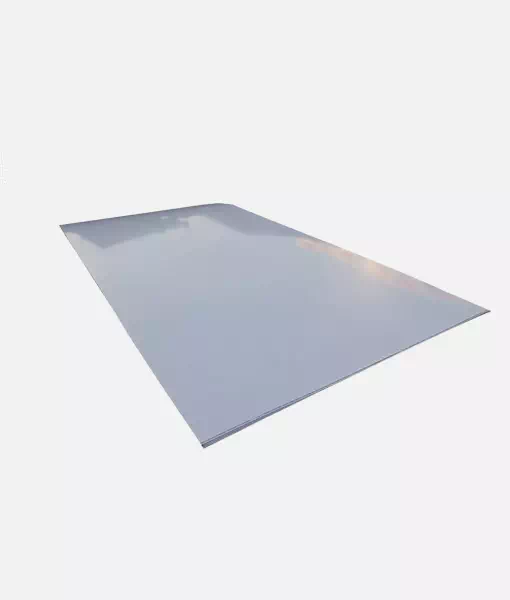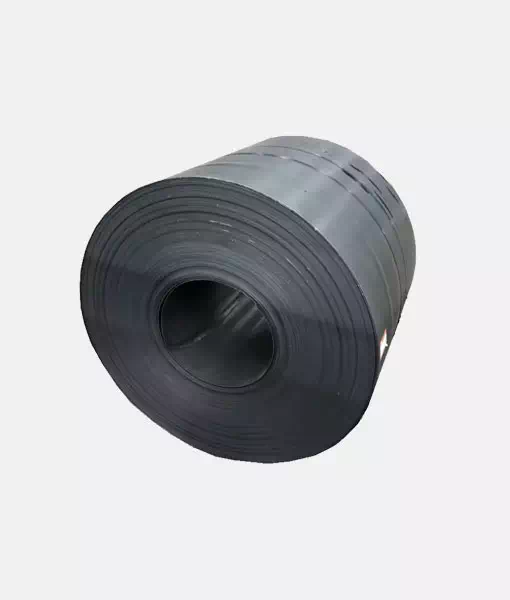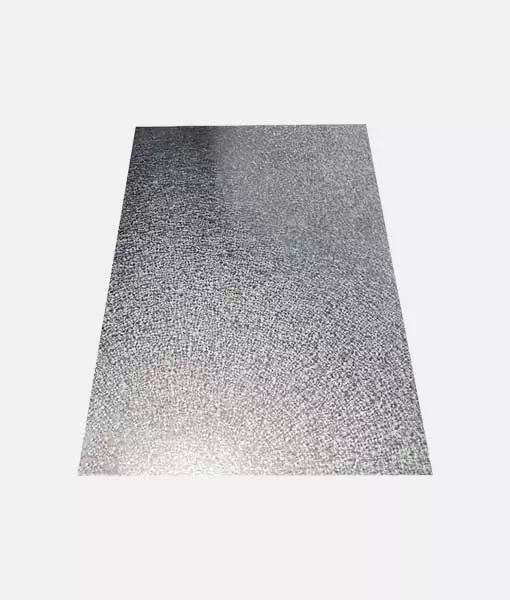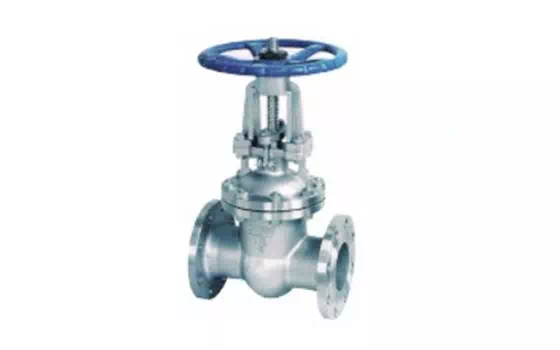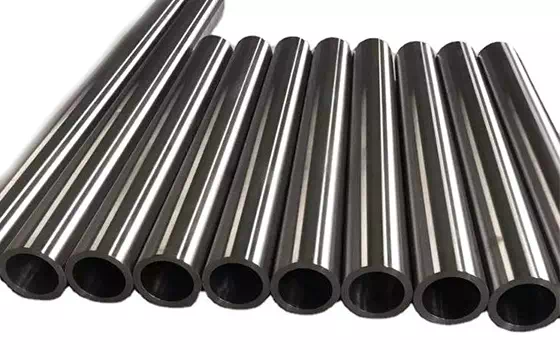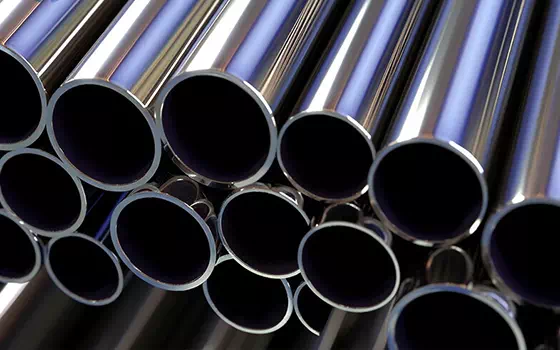How much do you know about the factors that affect the performance of color steel substrate?Color coated substrate is galvanized sheet. Common mechanical properties of this material include tensile, impact and hardness. For different purposes, different items need to be tested. In general, col
How much do you know about the factors that affect the performance of color steel substrate?
Color coated substrate is galvanized sheet. Common mechanical properties of this material include tensile, impact and hardness. For different purposes, different items need to be tested. In general, color coated panels used for building envelopes are only used for tensile tests. Tensile test, the test items include tensile strength, yield strength and elongation.
Yield strength.
When the matrix is stretched and the stress exceeds the elastic limit, the deformation increases rapidly. At this time, in addition to elastic deformation, some plastic deformation will occur.
When the stress reaches the yield point, the plastic strain increases dramatically and a small fluctuating platform appears on the curve, called yield. The maximum and minimum stresses at this stage are called the upper yield point (ReH) and the lower yield point (ReL), respectively.
Because the value of the lower yield point is relatively stable, it is used as an indicator of a material's resistance, called the yield point or yield strength.
Tensile strength.
Tensile strength (rm or ts), also known as the strength limit, is the maximum value of stress that a material can withstand before breaking.
When the yield of the substrate reaches a certain level, the deformation resistance of the substrate increases again due to the rearrangement of the internal grains. Although the deformation develops rapidly at this time, it can only increase with the increase of stress until the stress reaches a maximum value.
After that, the resistance of the matrix to deformation is obviously reduced, and large plastic deformation occurs at the weakest point, and the cross section of the sample shrinks rapidly, necking occurs, and fails to fracture.
The maximum stress value before the substrate is broken is called the strength limit or tensile strength. The detection requirements and methods are consistent with the yield strength. In fact, both yield strength and tensile strength are detected on the tensile curve during the measurement.
The amount of elongation.
The percentage of the total elongation of the base material after tensile fracture to the original specification length.
hardness
Rockwell hardness and surface The main principle of Rockwell hardness test is to press the indenter into the specimen surface with the initial test force, and then press the indenter into the specimen surface with the total test force. Removes the master test after the specified hold time. The hardness value is calculated by incremental force and residual indentation depth.
It is suitable for the determination of Rockwell hardness and surface Rockwell hardness of cold rolled steel sheet, hot dip galvanized sheet, electrogalvanized sheet and electroplated tin plate. According to the thickness of the steel plate, under normal circumstances, the surface hardness of the thinner steel plate is measured, and the Rockwell hardness of the relatively thick steel plate is measured.
There is a corresponding conversion and correspondence between these different hardness units, and the method used is GB/T 230-91.


